Empowering women in science and technology.. UN: Closing the gender gap is a global necessity

- Europe and Arabs
- Wednesday , 12 February 2025 9:5 AM GMT
New York: Europe and the Arabs
"When girls are given access to education and resources, they achieve, innovate and transform their communities. When we educate girls, we create a future of opportunity, economic development and peace." This was the testimony of a young girl named Olivia Cohn who participated in an event at the United Nations headquarters in New York on the occasion of the International Day of Women and Girls in Science.
Olivia Cohn is a member of the Executive Board of the International Platform for Girls in Science for the Sustainable Development Goals, an initiative of the Royal Academy of Sciences that aims to amplify the voices of women and girls in science and advance the United Nations Sustainable Development Goals. According to the United Nations Daily News,
Cohn said that her participation in last year's celebrations inspired her and prompted her to write a research paper on women's health care, specifically in the field of egg donation. She continued, "I explored how societal expectations and gender narratives shape the experiences of egg donors, highlighting the need for reforms."
Science is a tool for justice and change, she said, noting that more than 130 million girls around the world are still deprived of access to science education, or any education at all. She continued: "This is not just a loss for these girls, it is a loss for all of humanity. Girls' education is not just one issue among many, but it is the foundation of everything we try to achieve."
A powerful global movement that pulses with purpose and potential
The United Nations celebrates this international day annually on February 11. This year's celebration comes under the theme "Building the Future of Women in Science." On this occasion, the United Nations headquarters in New York witnessed a high-level event entitled: "Mapping Progress to Shape the Future: The Best is Yet to Come." The event was organized in partnership between the Royal International Academy of Sciences and the Permanent Mission of Malta to the United Nations.
Dr. Nisreen Al-Hashemi, the Iraqi princess and CEO of the Royal International Academy of Sciences, recalled the historic adoption of the United Nations General Assembly resolution in 2015, which adopted this day in recognition of women's contributions to the fields of science. Since then, she says, the day has evolved into a platform for advocating for gender equality in STEM, with the support of governments, UN agencies and international organisations.
Princess Nisreen highlighted the achievements of young female scientists and emphasised the crucial role of political will in addressing gender gaps in science, noting that women made up only 28 per cent of the scientific workforce in 2015.
The Iraqi princess referred to the “World Capital of Women and Girls in Science”, which recognises a country that is a leader in gender equality, with Malta holding the title for 2023. She stressed the collective responsibility to build a future where women thrive in science. “We are not just observers of the future, we are its architects. By paving the way for the next generation of women in science, we are creating a legacy that will endure. Every day and every moment, we hold the pen that writes the history of the future, a history of courage, innovation and unwavering determination. Let us create a world where women shine in science. This day is not just a date on the calendar, it is a powerful global movement that is full of purpose and potential,” she continued.
Qatar: An inclusive national vision for women
Empowering women and girls in science is not just about justice, it is about unleashing their potential, said Dr. Dima Arafa, Assistant Professor in the Department of Public Health at Qatar University - and a member of the World Health Organization’s Youth Council for the Eastern Mediterranean Region.
Speaking at the event, she said that her country has long recognized this, and has integrated gender equality and scientific advancement into Qatar’s National Vision 2030, noting that more than 40% of Qatari women currently hold senior executive and management positions in vital areas such as education, health and foreign policy. She added that 70% of STEM graduates and 80% of other university graduates are women, many of whom have become pioneers in research and innovation, she said.
Bridging the gender gap is an economic and social imperative
The event was also addressed by Mr. Philemon Yang, President of the United Nations General Assembly, who praised the progress made, while highlighting the ongoing obstacles that limit women’s participation in STEM fields. He stressed the importance of this discussion in light of the implementation of the “Charter for the Future” and the 30th anniversary of the Beijing Declaration, which prioritizes the education and training of women.
Despite the efforts made, the President of the General Assembly says the gender gap in STEM fields remains pronounced. Women make up only 35% of students in these disciplines, while only 15% of young female graduates choose STEM fields, compared to 35% of men. Women also hold less than 25% of jobs in science and technology, and the percentage of patents registered by women worldwide did not exceed 17% in 2022.
Yang stressed that closing this gap is an economic and social imperative. Doubling the number of women working in technology by 2027 could add €600 billion to global GDP.
He stressed the importance of adopting targeted policies, investing in science and technology education, providing mentorship programs, and strengthening partnerships with the private sector. He renewed his commitment to gender equality, calling for sustainable global cooperation to ensure real progress beyond symbolic achievements.
The first International Day of Women and Girls in Science ten years ago recognized the fundamental truth that women’s participation is essential to building a better world through science and technology. In a message for the International Day, the UN Secretary-General warned that the more women are excluded from science, technology, engineering and mathematics, the more we limit our collective ability to address pressing global challenges, whether climate change, food security, public health or technological transformation. The Secretary-Generals emphasize that we can and must do more to achieve parity. “This will be achieved by expanding scholarships, internships and mentoring opportunities to open doors for women and girls in science, technology, engineering and mathematics (STEM); creating workplaces that attract, retain and advance women in science; encouraging girls’ involvement in STEM from early childhood; championing women’s leadership in science through the media; and eliminating gender stereotypes,” the Secretary-General said. The Charter for the Future, which Member States agreed to last September, gives new impetus to these goals by committing to address the barriers that prevent women and girls from participating in science on an equal footing with men, in a full and meaningful way.


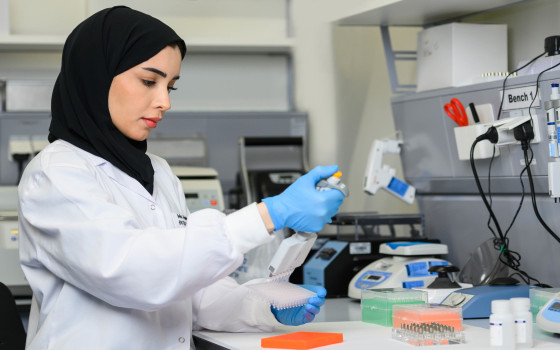
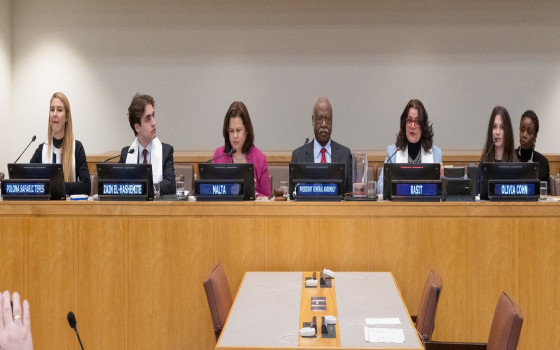

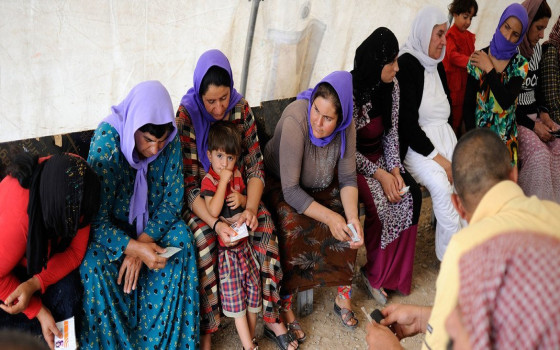
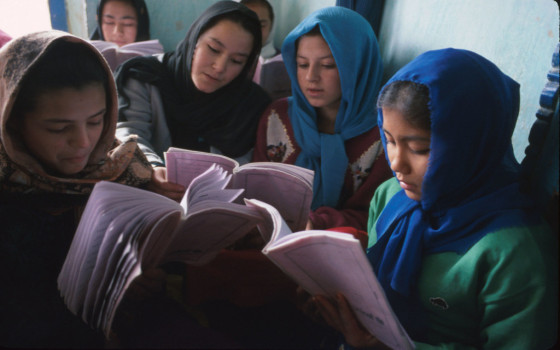



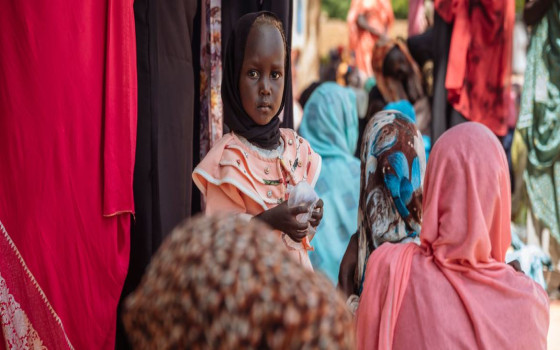

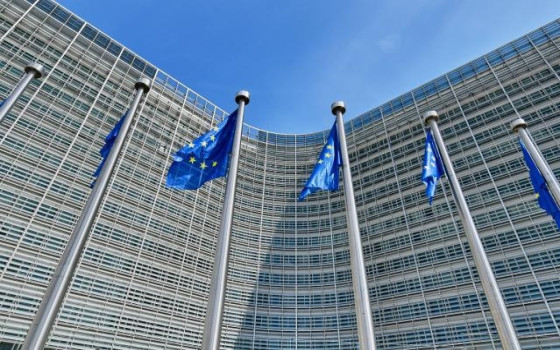

No Comments Found